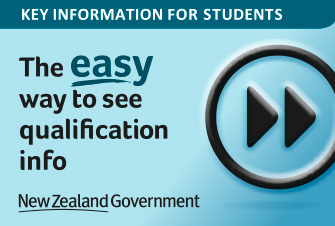Orientation Day 2026 - Hamilton City Campus
We want to make sure you feel ready and supported from day one, here at City Campus. Orientation Day is a friendly, relaxed event designed just for you - your chance to explore your new community and start feeling at home here.










